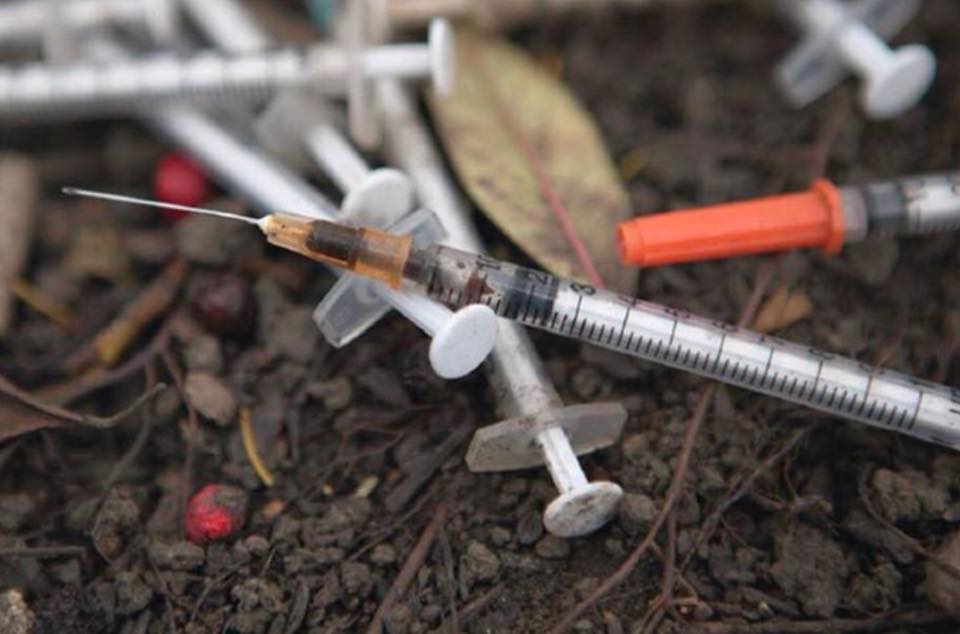Council Curtails Needle Exchange Program
- November 15th 2024
- City News

Photo: Police Scotland Ayreshire
By Quinnly Raducha, UNE community news fellow
The City Council on Tuesday voted unanimously to return to the pre-covid rate of handing out one needle for every needle turned in by drug users in the community. The emergency ordinance will be in effect for 91 days (about 3 months) while the state responds to the city’s request for more help combatting needle waste.
The change was opposed by representatives of public health groups who said the city was moving too fast to move away from the state’s allowance of up to 100 clean needles to users. One-to-one needle exchanges had been allowed for years to reduce infections, including hepatitis and HIV, that can be transmitted by dirty needles. That was changed in 2022 in response to the covid epidemic. According to supporters of the higher exchange rate, the return to the earlier rate will put drug users at greater risk.
But the council agreed with City Manager Steve Buck that the public is at risk from discarded syringes scattered throughout areas of the city. Syringes have been found in public parks, playgrounds and sidewalks.
Councilor Peter Tranchemontagne said the needle exchange program seems to have created more problems than it has solved in the two years since it was enacted. “I was called down by a hair salon to see a homeless encampment, and I witnessed a needle exchange that was a free-for-all,” he said. “No one was being helped, no names were being taken, it was a mess.”
Councilor Robert Stackpole said the council has to put the majority of residents first. “The fundamental disconnect here is community safety,” he said. “When I hear the people talking from the outside agencies, they talk about other things, and way down the list was keeping your community safe. Well, they got it backwards.”
Human Resources Director Stacy Howes discussed ways the city’s Homelessness Task Force is working to help the population on the street, including those with drug addiction. She said the Police Department’s approach – asking people if they need help rather than arresting them – has reduced the unhoused population from 250 to 50.
The council’s action is an emergency ordinance, in effect while state officials continue to study possible policy changes. Buck described Sanford’s change as a “test run” to see whether the state will offer any solutions. Mayor Becky Brink reminded people that for two years Sanford has followed the federal “19 Steps” to address homelessness and completed them. “This is the next step to keep our community safe,” she said. “We have 91 days to see if it will work and then revisit it.”






